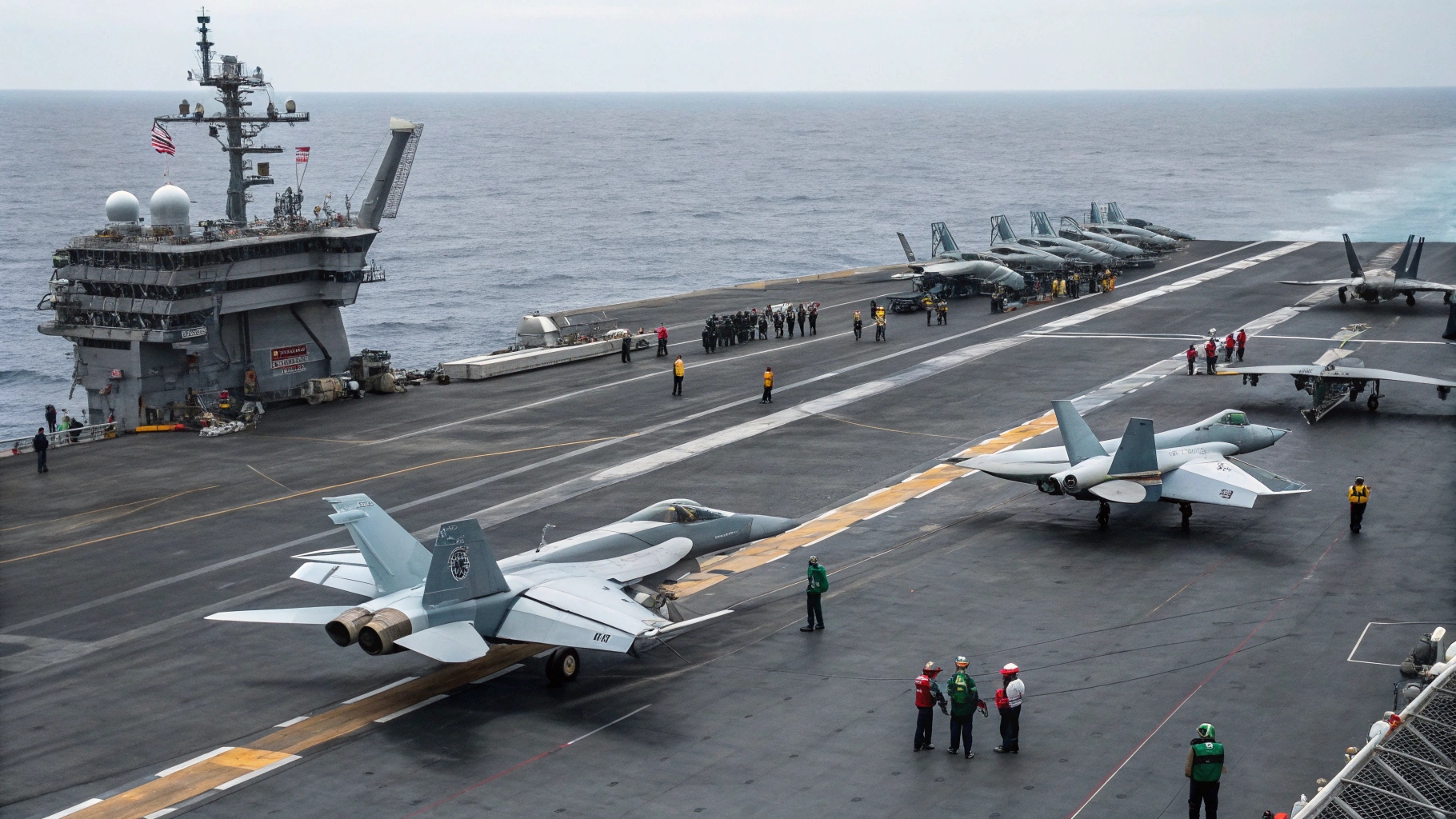
Sweden has extended its long-term maintenance and support relationship with Saab, awarding a roughly 4-billion krona contract to continue sustainment work for Gripen C/D and Gripen E fighter fleets. The contract expands on a multiyear framework established in 2020 and covers hardware support, spare parts, component repair, software maintenance, mission system updates, and pilot and technician training for the coming years. The agreement runs through 2026–2027 with extension options through 2029, reflecting Sweden’s effort to balance current fleet readiness with a staged transition to newer aircraft. The package is designed to preserve the operational capability of existing Gripen C/D jets while preparing Swedish forces for the full-scale introduction of Gripen E airframes. Included are updates to mission systems and electronic-warfare capabilities to keep the legacy fleet relevant against evolving threats, as well as infrastructure and logistics support that prioritize domestic industry involvement. Maintaining work largely within Sweden supports local avionics, systems integration and logistics jobs, aligning defense capability with national industrial policy. Sweden’s broader air modernization approach couples fleet sustainment with upgrades to legacy airframes — such as new mission computers, sensors, and ground support systems — and investments in base infrastructure that enhance dispersal and rapid redeployment options (including road basing). Meanwhile, Saab is ramping Gripen E production for Swedish needs and for export customers like Brazil, coordinating deliveries with the sustainment timeline so that the transition avoids capability gaps. The extended contract thus supports a layered force posture: immediate readiness via upgraded older jets, alongside progressive absorption of advanced Gripen E capabilities. From a strategic perspective, the arrangement emphasizes sovereign sustainment capacity and industrial continuity at a time of increased security concerns in Northern Europe. By keeping maintenance and upgrades primarily domestic, Sweden reduces dependence on foreign suppliers and ensures responsive upkeep — a key advantage for air forces that must maintain rapid readiness and operational flexibility.





